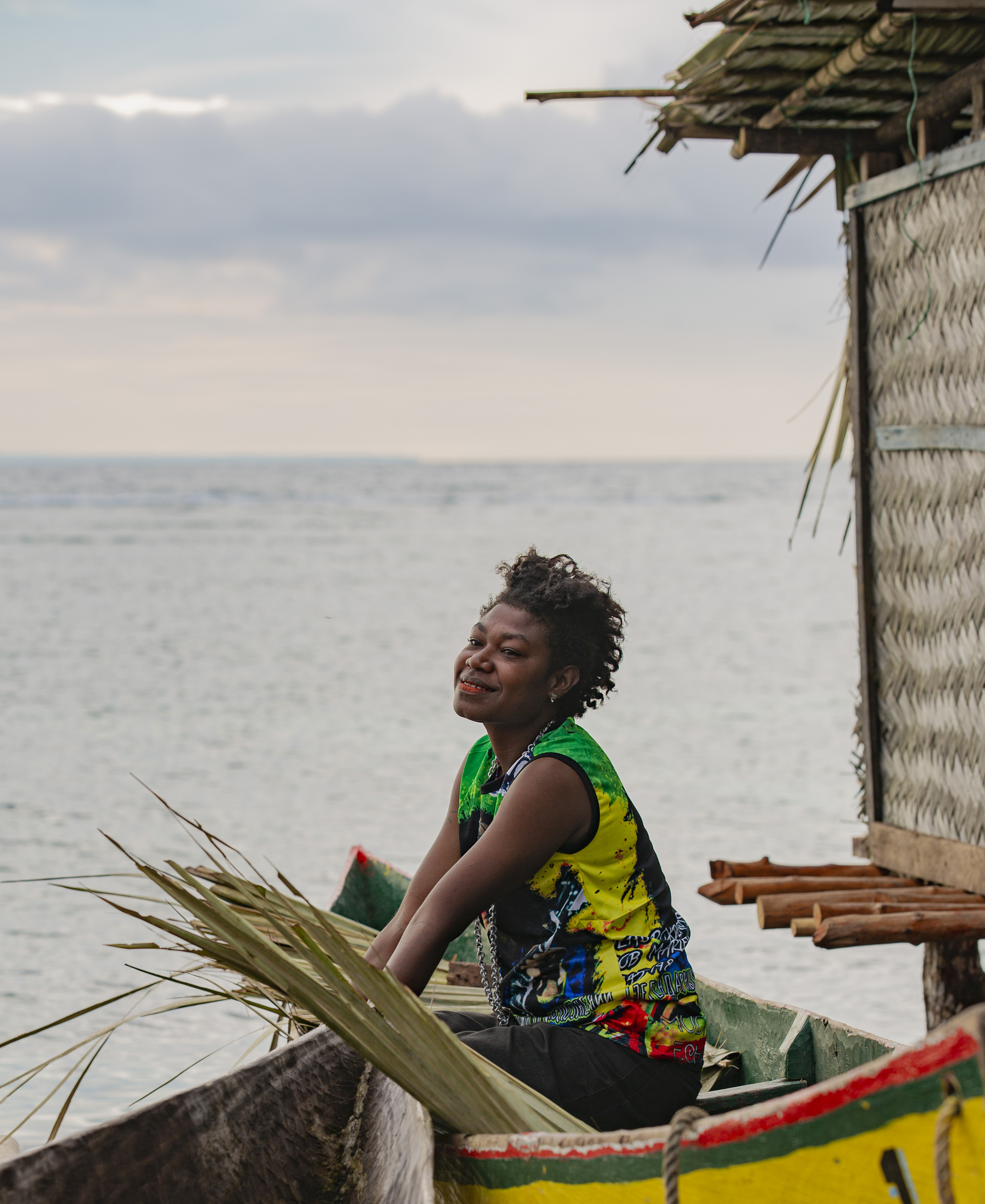Living Sustainably in Harmony with Nature: Celebrating Environmental Conservation in Papua New Guinea
Transforming Conservation in Papua New Guinea
June 30, 2022

To live sustainably, is to live in harmony with nature
|
Dirk Wagener Resident Representative Papua New Guinea |
World Environment Day – Papua New Guinea continues to celebrate our interdependence with nature and our commitment to protecting our planet, Dirk Wagener writes.
To live sustainably, is to live in harmony with nature. How to achieve this has been a long-standing challenge. The 1972 Stockholm Conference was an attempt to address this. A first-of-its-kind world conference, it made the environment a major issue. The participants adopted a series of principles for sound management of the environment including the Stockholm Declaration and Action Plan for the Human Environment.
The Declaration contained 26 principles. It placed environmental issues at the forefront of international concerns and marked the start of a dialogue between industrialized and developing countries on the link between unsustainable economic growth, the pollution of the air, water, and oceans and the well-being of people around the world.
2022 marks 50 years since this Conference was held. To commemorate, the Government of Sweden hosted a high-level UN meeting on 2-3 June. Much like the original Conference, it aimed to contribute to accelerating a transformation that leads to sustainable and green economies, more jobs, and a healthy planet for all, where no one is left behind. Partnering with UNDP, the Government of Sweden invited all UN member states to review their progress towards this Declaration over the last five decades.
These efforts suggest, that while much progress has been made towards the aims of this Declaration, the planet is facing unprecedented perils. We have not yet fully realised that the manner in which we produce and consume puts our future at risk and that we need to make changes that allow for long term prosperity for all.
The 2021 State of Global Climate Report provides an assessment of our efforts. Last year, we set unenviable records against four key indicators measured annually: Greenhouse gas emissions, sea level rise, ocean heat and acidification.
Critically, world leaders gathered in 2021 for one of the most important pledges in modern history. Global leaders committed to a Climate Promise - to drastically cut carbon emissions for the sake of the future of our planet.
As countries begin to heal and recover from the impacts of the pandemic, the natural environment also has a chance to restore balance of healthy ecosystems. We need to #BuildForwardBetter and this is our chance to do so.
Protecting nature will ensure more resilient economic and social prosperity. Promoting sustainable consumption and production (SDG 12), accelerating the global transition to renewable energy and more sustainable livelihoods are at the heart of new green and blue business models.
In Papua New Guinea, UNDP is delivering a range of environment, energy and disaster preparedness initiatives in partnership with Government. UNDP’s efforts to support appropriate environmental and social safeguards is critical to ensuring a world that leaves no-one behind, especially the most marginalised and most vulnerable.
UNDP is working to strengthen Papua New Guinea’s protected areas networks - and is supporting Government to launch a biodiversity fund. This month, environmental experts gathered in Port Moresby for the second Protected Area Forum to strategise on key conservation issues, including governance, management and sustainable financing for improved biodiversity protections.
UNDP’s forestry management projects are enhancing forest carbon stocks, developing new financial mechanisms to reduce deforestation and maintain the tropical forest that covers approximately 75% of the country at present.
UNDP is also working with government on finalisation of the National Climate Change Adaptation Plan. Transformative change for the future of the country is a priority. The UN Decade on Ecosystem Restoration aims to prevent, halt and reverse the degradation of ecosystems on every continent and in every ocean.
Together, we can do this. Papua New Guinea’s long-term resilience to future health, economic and climatic shocks demands we do so. Securing our future as humankind demands we do so.
UNDP’s forestry management projects are enhancing forest carbon stocks, developing new financial mechanisms to reduce deforestation and maintain the tropical forest that covers approximately 75% of the country at present.

 Locations
Locations


















